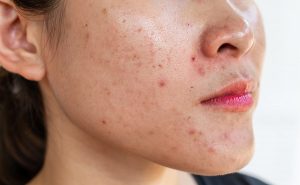
Trampolines aren’t just for backyards anymore, and the rise in commercial trampoline parks may be sparking a rise in kids’ injuries, a new report finds. “While trampolines are a great source of fun and exercise for children, the potential for injury, particularly in recreational areas with an underlying business incentive, needs to be recognized,” stressed study author Dr. Nancy Hadley Miller. Her team tracked U.S. government health data and found that the incidence of broken bones suffered by children while on trampolines has risen by an average of nearly 4% each year between 2008 and 2017. And every year during the study, it became 32% more likely that a trampoline-related bone fracture would occurr at a gym or recreation facility (a trampoline park), rather than on a trampoline in a family’s backyard. Bringing kids to these facilities — especially for events such as birthday parties — has become increasingly popular. The findings are to be presented Saturday at the annual meeting of the American Academy of Pediatrics in New Orleans. In a meeting news release, Miller said she believes her team’s findings should refocus injury prevention efforts. “Historically, advocacy campaigns have focused on trampoline injuries in the home,” said Miller, who is a professor of orthopedics at the University of Colorado, Denver. The new data suggests “that future messages to parents and legislators should also… read on >


































